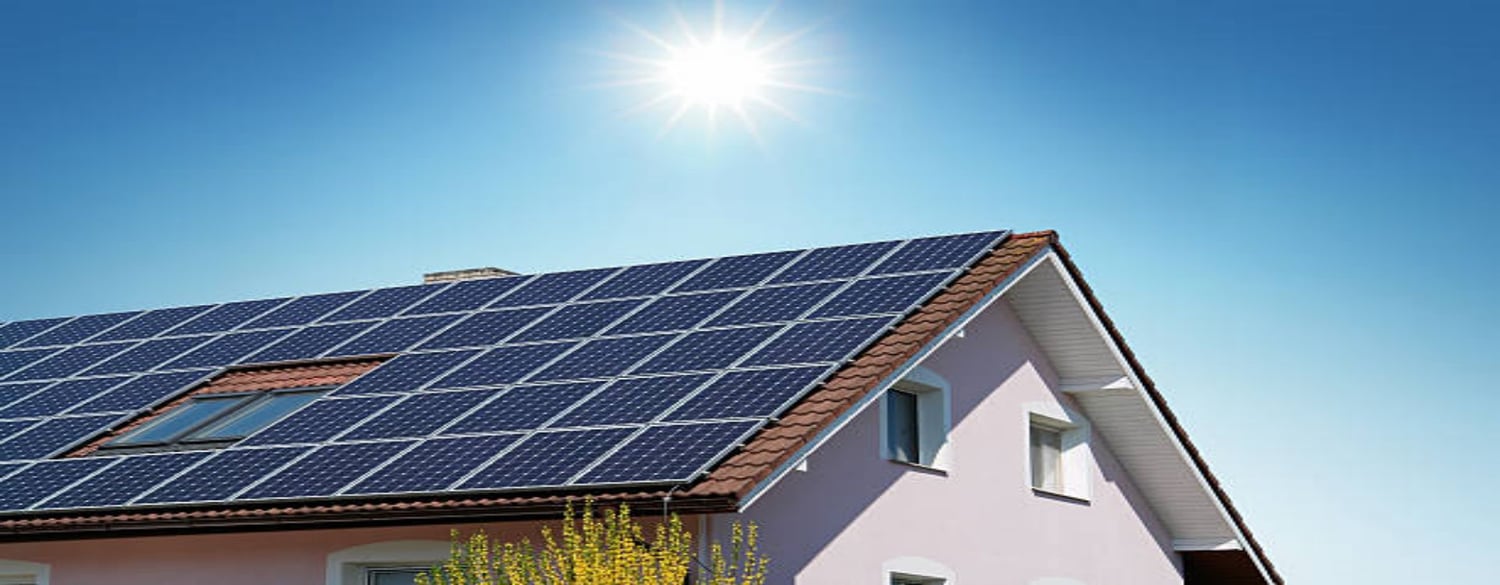Lightweight DesignFoldable solar panels are known for their lightweight design, making them easy to transport and set up wherever you go. Their portability feature allows you to take them on camping trips, road trips, or even use them in your backyard.Compact Foldable SizeOne of the key features of foldable solar panels is their ability to fold into a compact size for easy storage and transportation. This makes them ideal for outdoor adventures where space is limited.Durable MaterialsWhen it comes to portability, durability is key. Foldable solar panels are typically made with high-quality, weather-resistant materials that can withstand the rigors of outdoor use. This ensures that they will last a long time and continue to provide reliable power on the go.Multiple Mounting OptionsFoldable solar panels often come with various mounting options, such as hooks, straps, or grommets, allowing you to easily attach them to different surfaces. This versatility makes them perfect for use in a variety of settings, from camping to boating.Integrated Carrying HandlesMany foldable solar panels come equipped with integrated carrying handles, making them easy to transport from one location to another. This feature is especially useful when you are on the move and need to quickly set up your solar panel.Adjustable StandSome foldable solar panels feature an adjustable stand that allows you to position the panel at the optimal angle for maximum sunlight exposure. This feature is particularly useful for ensuring efficient charging in varying light conditions.Built-in USB PortsTo make it even more convenient to use foldable solar panels on the go, some models come with built-in USB ports for easy charging of your electronic devices. This feature eliminates the need for additional adapters and allows you to directly connect your devices to the panel.Waterproof DesignFor outdoor enthusiasts, having a waterproof foldable solar panel is essential. Many models are designed to be waterproof, ensuring that they can withstand exposure to rain, snow, or splashes of water without any damage.Battery Storage CompatibilityAnother important portability feature to consider is whether the foldable solar panel is compatible with external battery storage. This allows you to store excess solar energy for later use, providing you with a reliable power source even when the sun is not shining.Easy Setup and TakedownLastly, foldable solar panels are designed for quick and easy setup and takedown. With simple instructions and minimal components, you can have your solar panel up and running in a matter of minutes, making it a hassle-free power solution for your outdoor adventures.Quote Inquirycontact us










